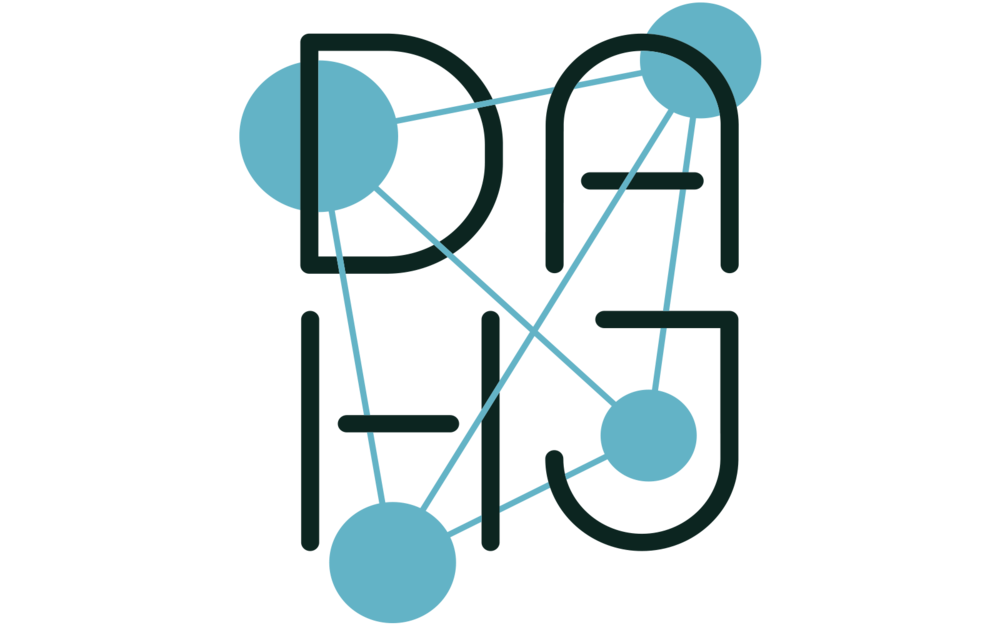Link
Date
Thursday, October 15, from 1:00 to 3:00 p.m. EDT
Location
Webinar information will be sent to attendees prior to the session. Eastern Daylight Time.
Questions
Registration
Free, Sign Up through Zoom
Audience
Adults, College & Graduate Students, Educators, High School Students
Speakers
Jessica Riskin, Alison Longmead, Tianna Uchacz, Park Doing, and C. Richard Johnson
About
Please join the Frick Art Reference Library's Digital Art History Lab and The Museum of Modern Art for a four-part webinar series that explores the role that technology has played in the development of the field of art history.
Historically, science and the humanities were not considered two discrete disciplines: the separation of these two branches of knowledge developed only in the modern era. For art historians in the twenty-first century, this divide is only widening as some scholars embrace technological advances while others remain unconvinced that computational techniques and tools can bring meaningful changes to the field. Like the previous symposium Searching Through Seeing: Optimizing Computer Vision Technology for the Arts hosted by the Library in 2018, this four-part event seeks to encourage art historians to connect with the computer sciences by exploring the role that technology has played in the development of the discipline of art history and providing an opportunity for conversation and the exchange of ideas.
The first day of the symposium features guests from leading American universities who will examine how science and technology have been historically linked to art history, thus providing participants with a background for an exciting discussion of the current status of digital art history (DAH). Speakers include Professors Jessica Riskin of Stanford, Alison Langmead of the University of Pittsburgh, Tianna Uchacz of Texas A&M, and Park Doing and C. Richard Johnson Jr. of Cornell.
Related Events
See: http://www.frick.org/research/symposia_0

